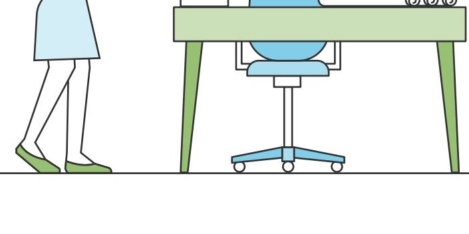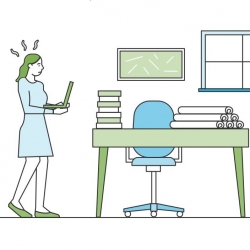To provide the best experiences, we use technologies like cookies to store and/or access device information. Consenting to these technologies will allow us to process data such as browsing behaviour or unique IDs on this site. Not consenting or withdrawing consent, may adversely affect certain features and functions.
The technical storage or access is strictly necessary for the legitimate purpose of enabling the use of a specific service explicitly requested by the subscriber or user, or for the sole purpose of carrying out the transmission of a communication over an electronic communications network.
The technical storage or access is necessary for the legitimate purpose of storing preferences that are not requested by the subscriber or user.
The technical storage or access that is used exclusively for statistical purposes.
The technical storage or access that is used exclusively for anonymous statistical purposes. Without a subpoena, voluntary compliance on the part of your Internet Service Provider, or additional records from a third party, information stored or retrieved for this purpose alone cannot usually be used to identify you.
The technical storage or access is required to create user profiles to send advertising, or to track the user on a website or across several websites for similar marketing purposes.
 A universal basic income may be trialled in England for the first time, with thirty people set to be paid £1,600 per month over a two-year period regardless of personal circumstances. Researcher Autonomy is seeking funding for the pilot scheme, which it claims “has the potential to simplify the welfare system and tackle poverty in Britain”. People will be drawn from two locations in England to participate, with the scheme testing the effects of basic salary being paid to everyone regardless of wealth or job. (more…)
A universal basic income may be trialled in England for the first time, with thirty people set to be paid £1,600 per month over a two-year period regardless of personal circumstances. Researcher Autonomy is seeking funding for the pilot scheme, which it claims “has the potential to simplify the welfare system and tackle poverty in Britain”. People will be drawn from two locations in England to participate, with the scheme testing the effects of basic salary being paid to everyone regardless of wealth or job. (more…)



































